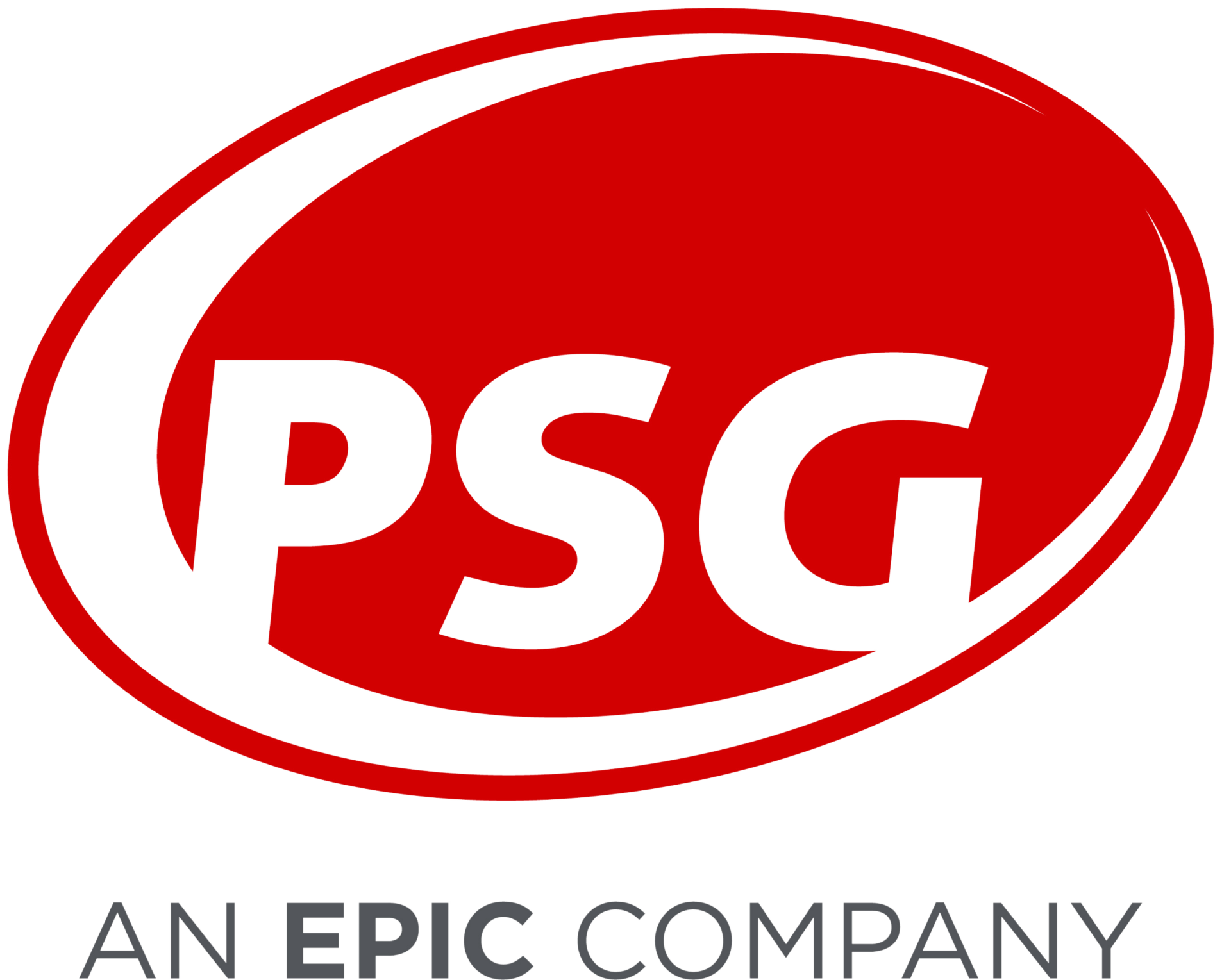2024 Formulary Changes: OptumRx
Posted on December 6, 2023
Get the Full Analysis of the other Big 3 Formulary Changes:
Key Insights from the OptumRx 2024 Formulary Changes
- Although the total number of drug exclusions are similar to those made in 2023, the number of specialty drugs impacted has more than doubled. This is due primarily to the exclusion of several Humira biosimilars.
- Optum will take advantage of other lower cost biosimilars by preferring four Humira biosimilars alongside the brand. Although preferring biosimilars should drive cost savings in most categories, the anti-inflammatory category may have less impact due to the preferred status of brand Humira.
- Member impact will be most significant with the changes in the respiratory category. Over 90% of impacted members are receiving one of these inhalers. Clinically appropriate alternatives are being offered, however, member preference may cause some disruption.
- Optum is taking advantage of recently approved specialty generics by preferring teriflunomide, the lower-cost generic for Aubagio, which is a disease-modifying therapy for multiple sclerosis (MS). MS is a top spend drug category for many plans, so preferring the lower-cost generic should result in cost savings.
Optum announced changes to its Premium Formulary that will be effective January 1, 2024. Although the overall impact is relatively low, we observed an increase in the percentage of members (0.7% for 2024 compared to 0.1% in 2023) as well as the percentage of total drug spend (1% for 2024 compared to 0.3%) impacted by these formulary changes. The following is an analysis based on PSG’s book of business data.
| Premium Formulary | |
| New Exclusions for January 2024 | 22 |
| Number of Exclusions – Specialty Drugs | 11 |
| Drug Tier Increases * | 10 |
| Number of Tier Increases – Specialty Drugs | 0 |
| % Members Impacted | 0.7% |
| Total Drug Spend Impact | 1.0% |
Summarized in the table below are the types of formulary changes which include drug exclusions, additions, and tier changes.
| Action | Premium Formulary |
| Moved to Lower Tier | 37 |
| Moved to Upper Tier | 10 |
| Exclusions | 22 |
Formulary Analysis
Note: “Percentages of impacted members”, referenced frequently in the categories below, is not a percentage of total members, but rather a category-based subset of the total members impacted by formulary changes.
Diabetes – Insulin
Eight insulin products will be added at the preferred formulary status (Tier-1) to the Premium Formulary.
| Insulin | Premium Formulary – Tier 1 |
| Rapid-Acting | Insulin lispro Novolog, Fiasp Admelog, Apidra |
| Short-Acting | Novolin |
| Long-Acting | Basaglar, Rezvoglar |
These formulary additions are in response to the financial implications (lower list price and associated rebates) driven by new government regulations (Inflation Reduction Act and the removal of the Average Manufacturer Price Cap). Doing so should expand member access to these lower-cost insulins and improve affordability since most members will pay $35 or less for a month’s supply of insulin.
Respiratory
Respiratory products are used to treat asthma and chronic obstructive pulmonary disease.With generic availability of Advair Diskus as well as the market discontinuation of Flovent HFA/Diskus, Optum will update this category by adding three inhalers (fluticasone-salmeterol, Wixela and QVAR) as preferred alternatives. They will exclude four products (Advair Diskus, Pulmicort, and Flovent HFA/Diskus) from the formulary. These market leading drugs are highly utilized and consequently will have a significant member impact. Of the members impacted by formulary changes, 92% are associated with the respiratory category. However, with the adequate variety of clinical alternatives along with some generic alternatives, which can be substituted at the pharmacy, member disruption may be less significant.
| Exclusions | Preferred Alternatives |
| Advair Diskus | Fluticasone-salmeterol, Wixela, Advair HFA, Symbicort |
| Flovent HFA/Flovent Diskus, Pulmicort | Arnuity, Qvar |
Inflammatory Conditions
This category includes Humira (adalimumab), a top-selling drug in the U.S. which experienced the entry of biosimilars in 2023. To date, there are nine FDA-approved Humira biosimilars available in the market. Like other PBMs, Optum added Amjevita (adalimumab-atto), the first Humira biosimilar to launch, to its formulary in 2023. Now that additional Humira biosimilars are available, Optum will remove Amjevita (low list price only) and prefer four biosimilars, (Amjevita (high list price only), adalimumab-adaz, Cyltezo (adalimumab-adbm), and Hyrimoz (adalimumab-adaz)). Brand Humira will remain in a preferred position with the biosimilars at parity, meaning no preference will be given for Humira or the biosimilars. Consequently, member disruption and biosimilar uptake will likely be minimal in 2024. However, with continued competition driving down costs, the impact of Humira biosimilars on savings for both plans and members is expected to grow over the coming years.
Multi-Source Brands
Optum will remove five brand drugs preferring their generic alternative, four of which are highlighted below. Member disruption should be minimal as these substitutions can generally be made automatically by the pharmacist without consultation with the prescriber.
- Multiple Sclerosis – Aubagio, Copaxone: For many plans, the multiple sclerosis category is one of the top spend specialty categories. Optum will remove two brand drugs, Aubagio (teriflunomide) and Copaxone (glatiramer) 20mg/ml, preferring their respective lower-cost generic alternatives. These generics should offer savings opportunities for both members and plans.
- Latuda (lurasidone) is indicated for the treatment of bipolar depression, major depressive disorder, and schizophrenia. Lurasidone, the generic equivalent to Latuda, will be the preferred alternative.
- Xyrem (sodium oxybate) is indicated for the treatment of a sleep disorder, narcolepsy. It is one of the costliest products in the sleep disorder category. The generic, sodium oxybate, will serve as the alternative – non preferred/Tier 3, however, its higher cost may not offer much savings at this time. It should also require prior authorization to ensure appropriate use as well as the use of clinically appropriate lower-cost alternatives first.
Need help navigating the 2024 formulary landscape? PSG has the unbiased clinical and market expertise you need, contact us today to learn more.
Contact Us – Blog
"*" indicates required fields

